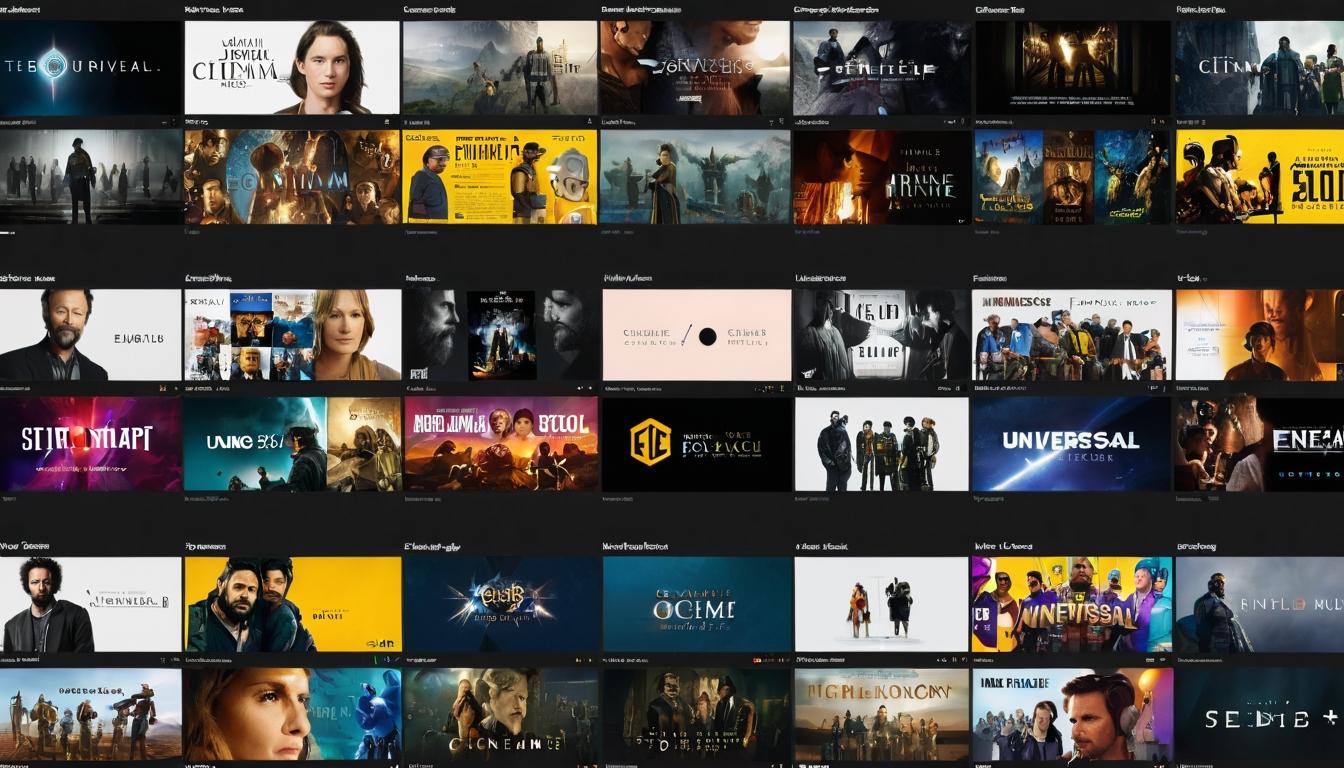In the dimly lit recording studios of London and Los Angeles, a quiet revolution is taking place. While audiences flock to theaters for visual spectacles and A-list performances, the real magic often happens in the spaces between dialogue and action. Film composers, those shadow artists working with orchestras and synthesizers, are fundamentally changing how we experience cinema. Their work has evolved from mere background accompaniment to becoming the emotional backbone of modern filmmaking.
Consider the recent surge in minimalist scoring. Where once lush orchestral arrangements dominated Hollywood productions, composers like Mica Levi and Hildur Guðnadóttir are proving that sometimes less truly is more. Levi's work on 'Jackie' used unconventional instrumentation and sparse melodic fragments to mirror Jacqueline Kennedy's fractured emotional state. The score didn't just support the film—it became Jackie's internal monologue, whispering secrets the script never articulated. This approach represents a seismic shift in how filmmakers view music's role in storytelling.
Meanwhile, streaming platforms are creating unprecedented opportunities for musical experimentation. Netflix's 'The Queen's Gambit' featured a score by Carlos Rafael Rivera that blended classical piano with contemporary electronic elements, mirroring the protagonist's journey between tradition and innovation. The freedom afforded by streaming services means composers can take risks that traditional studios might have considered too avant-garde. We're seeing more culturally specific scores, more genre-bending compositions, and more opportunities for emerging composers from diverse backgrounds.
Technology continues to reshape the composer's toolkit in fascinating ways. Remote recording sessions became commonplace during pandemic lockdowns, with musicians recording their parts from home studios across different time zones. Artificial intelligence tools now assist in everything from orchestration to mixing, though human creativity remains irreplaceable. The democratization of production software means bedroom producers can create film-quality scores, challenging the traditional studio system and bringing fresh perspectives to the craft.
Video game scoring deserves recognition as cinema's influential cousin. Composers like Austin Wintory ('Journey') and Gareth Coker ('Ori and the Blind Forest') are creating interactive scores that respond to player actions, influencing how film composers think about musical narrative. The line between cinematic and interactive scoring continues to blur, with film composers increasingly crossing over to games and vice versa. This cross-pollination is enriching both mediums, pushing the boundaries of what musical storytelling can achieve.
Documentary scoring has emerged as its own art form. Where documentary music once meant generic background filler, composers like Mark Crawford and Miriam Cutler are creating scores that actively participate in the narrative. Crawford's work on 'The Social Dilemma' used unsettling electronic textures to underscore the film's warnings about technology, while Cutler's scores for nature documentaries often incorporate field recordings from the actual locations. This approach creates deeper emotional connections between viewers and real-world subjects.
The business side of film scoring is undergoing its own transformation. Streaming residuals, synchronization rights, and soundtrack album sales create complex revenue streams for composers. Many are embracing direct-to-fan relationships through platforms like Bandcamp and Patreon, building sustainable careers outside the traditional studio system. This financial independence allows for greater creative freedom and more diverse musical voices in the industry.
Regional film industries are developing distinctive scoring traditions that challenge Hollywood conventions. South Korean composers blend traditional instruments with modern production techniques, creating unique sonic identities for their films. Nigerian filmmakers incorporate Afrobeat and highlife music in ways that feel organic to their stories rather than exotic additions. These regional approaches are influencing global cinema, creating a richer tapestry of musical storytelling worldwide.
Perhaps most importantly, audiences are becoming more musically literate. Social media platforms allow composers to explain their creative process directly to fans, while streaming services make complete scores instantly accessible. Listeners can now appreciate the intricate leitmotifs in Michael Giacchino's Marvel scores or the subtle character themes in Nicholas Britell's 'Succession' music. This growing appreciation means composers receive recognition not just from industry peers but from the viewers whose emotional journeys they help shape.
The future of film scoring looks remarkably diverse. We're seeing more women and composers of color breaking through industry barriers, more cross-genre collaborations, and more innovative approaches to integrating music with visual storytelling. As virtual reality and augmented reality cinema develop, composers will face new challenges in creating immersive audio experiences. One thing remains certain: the person sitting at the piano or computer console will continue to be as essential to great filmmaking as the director or screenwriter.
The unsung heroes: how film composers are quietly revolutionizing movie storytelling

